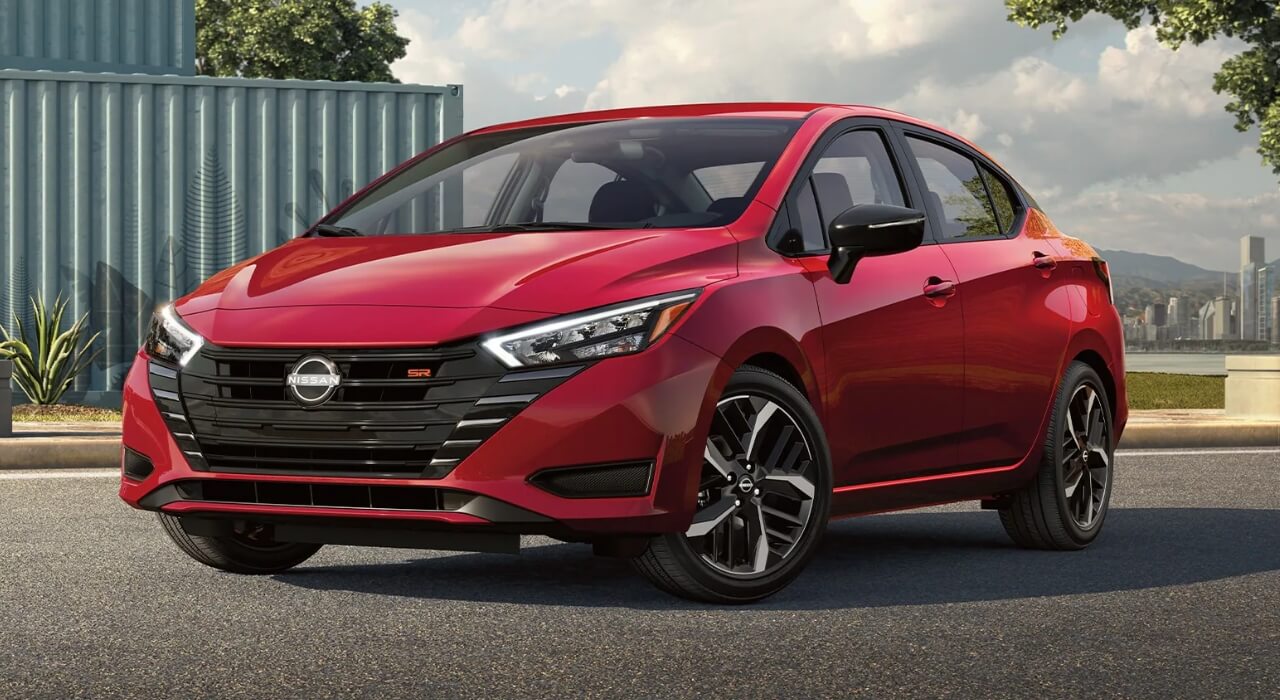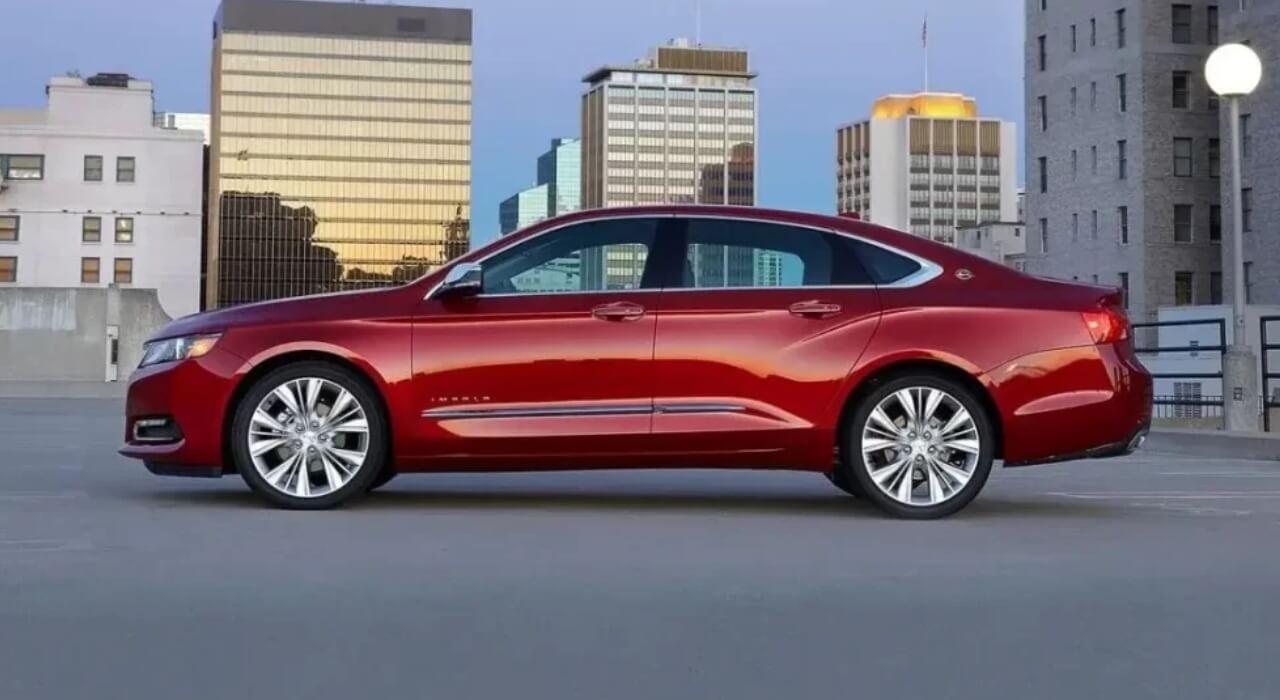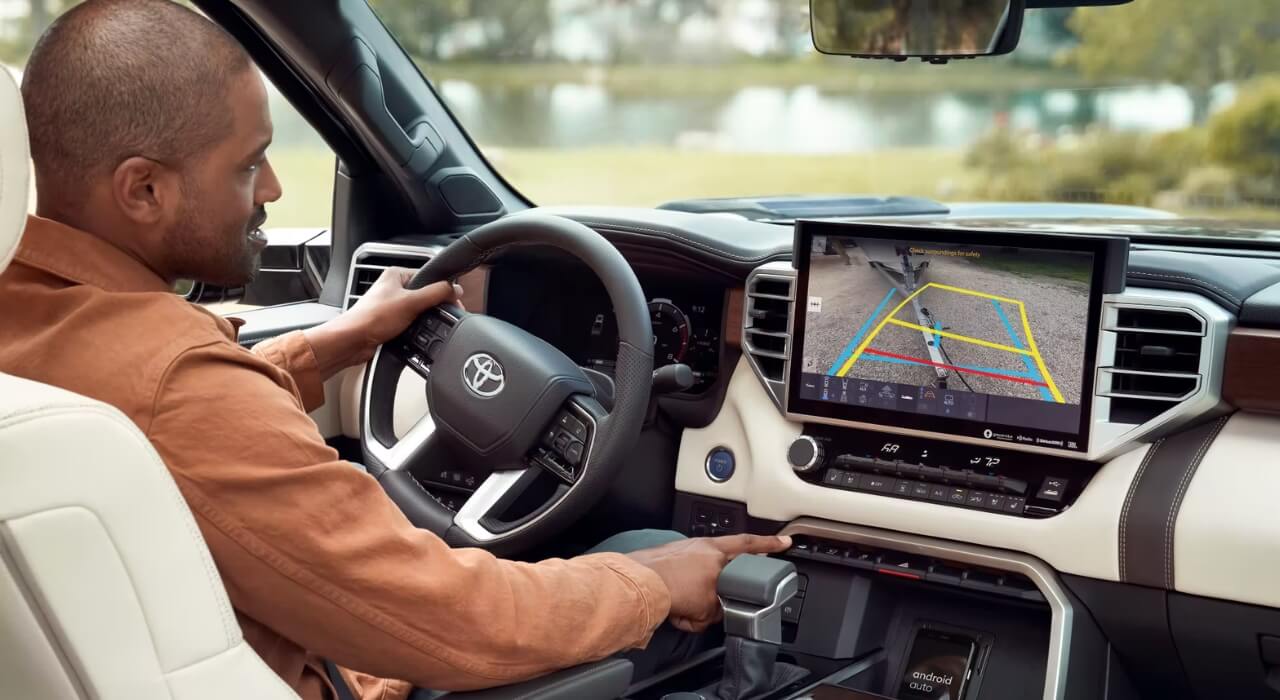In the realm of automobile insurance, one crucial decision that car owners often face is whether to opt for commute or pleasure insurance. The choice between these two types of insurance depends on your driving habits, the purpose of your vehicle, and your overall lifestyle.
Understanding the key differences between these two options can help you make an informed decision that suits your needs and budget.
Commuter Insurance: Navigating the Daily Grind
Commuter insurance is tailored for those individuals who regularly use their vehicles for work-related travel. This category typically covers your daily commute to and from your workplace or any other place of business-related travel. It is designed to protect you during the times when you are most exposed to the risks of the road.
Coverage Highlights
Commute insurance provides coverage not only for the risks associated with accidents but also factors in the likelihood of increased mileage and exposure to congested traffic. This type of policy often includes coverage for collision and comprehensive damages, liability coverage, and medical payments coverage.
Suggestion: Affordable 300 Horsepower Cars Under $20K Review.
Who Should Consider Commute Insurance?
If you rely on your vehicle to get to work, meet clients, or carry out business-related errands, commuting truck insurance might be the right choice for you. It ensures that you’re adequately protected during the periods when you are most vulnerable to accidents or mishaps.
Cost Considerations
Commuter insurance tends to be slightly more expensive than pleasure insurance due to the increased risk associated with regular road use. However, the investment is justified by the higher coverage limits and the tailored protection it offers during your daily commute.
Pleasure Insurance: Embracing Leisure and Flexibility
Pleasure insurance, on the other hand, is designed for those individuals whose primary vehicle use revolves around non-work-related activities. This type of insurance caters to scenarios where your vehicle serves as a means of enjoyment rather than a tool for work-related transportation.
Also Check: Top 7 Reasons Why A Car Shuts Off While Driving & Its Fix – A Detailed Guide
Coverage Highlights
Pleasure insurance typically offers coverage for accidents, collisions, and liability, ensuring you’re safeguarded during leisurely drives, weekend getaways, and spontaneous road trips. Since this insurance assumes less frequent driving and lower mileage, the coverage is adjusted accordingly.
Who Should Consider Pleasure Insurance?
If you predominantly use your vehicle for activities unrelated to work, such as leisurely drives, family outings, or occasional road trips, pleasure insurance might be the better fit for you. This type of coverage takes into account the reduced risk associated with less frequent driving.
Cost Considerations
Pleasure insurance is generally more cost-effective compared to commute insurance. The reduced risk factors associated with limited mileage and non-work-related driving contribute to lower premium rates, making it an attractive option for those who don’t rely heavily on their vehicles for work.
Commute vs. Pleasure Insurance: Making the Right Choice
When it comes to commute vs pleasure insurance, making the decision between the two hinges on various factors, including your driving habits, lifestyle, and financial considerations. Here’s a simplified breakdown to help you decide:
Frequency of Use: If you use your car primarily for commuting to work, meetings, or business-related travel, commuting insurance provides the appropriate coverage for the increased risks associated with frequent road use.
Non-Work Activities: If your car is mainly used for leisure activities like weekend trips, vacations, and family outings, pleasure insurance offers tailored coverage that aligns with your usage patterns.
Financial Aspects: Consider your budget and evaluate the cost difference between the two types of insurance. While commuting insurance might be pricier, it offers comprehensive coverage for daily driving needs. Pleasure insurance, on the other hand, is more budget-friendly for those who drive less frequently.
Future Plans: Anticipate any changes in your driving habits. If you’re currently using your car for leisure but expect to start commuting more often due to a job change or other factors, it might be wise to choose commuting insurance to ensure continuous coverage.
In conclusion
The choice between commute and pleasure insurance depends on your driving patterns and preferences. Commuting insurance is tailored for those who use their vehicles for work-related travel, offering comprehensive protection during daily commutes. Pleasure insurance suits those who primarily use their vehicles for leisure activities, providing cost-effective coverage that aligns with lower mileage and less frequent driving.
Assess your needs and make a well-informed decision that ensures both your safety and financial well-being on the road.


















